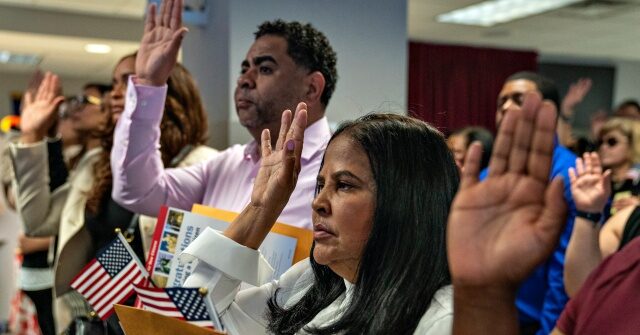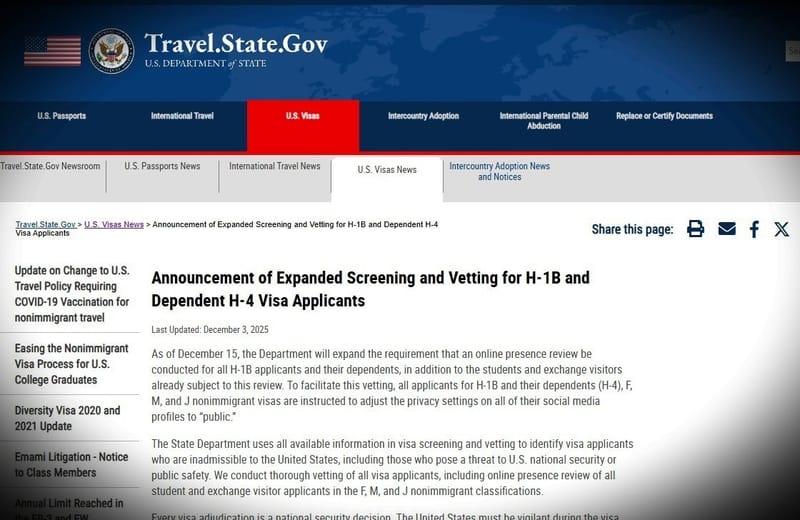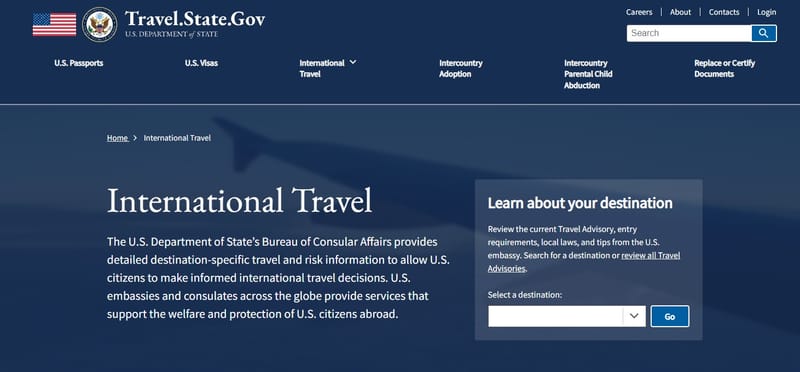USCIS Director Signals Major Overhaul for U.S. Citizenship Test
This proposed change could significantly alter the naturalization process for legal immigrants, including many skilled workers, by increasing the difficulty and scope of the citizenship test.

Subscribe to our newsletter and stay informed about latest H1B news, policy updates and and other developments.
Article Summary
USCIS Director Joseph Edlow has indicated a potential significant overhaul of the U.S. citizenship test for legal immigrants. Edlow suggests the current test, which requires answering only six questions, is 'a little too easy' and does not align with Congress's original intent for assimilation into U.S. language, culture, and values. The proposed changes aim to increase the test's rigor, emphasizing English proficiency and a deeper understanding of American history and government.
Original Article: breitbart.com
[ Sentiment: neutral | Tone: factual ]
This summary and analysis were generated by TheNewsPublisher's editorial AI. This content is for informational purposes only; it does not constitute legal or immigration advice.
[ Sentiment: neutral | Tone: factual ]
This summary and analysis were generated by TheNewsPublisher's editorial AI. This content is for informational purposes only; it does not constitute legal or immigration advice.
TNP AI: Key Insights
This announcement is significant for legal immigrants, including many skilled workers and their families who are on the path to U.S. citizenship. A more rigorous test could extend the time and effort required for naturalization, impacting their long-term planning and sense of belonging in the U.S.
The current test requires applicants to answer 6 out of 10 civics questions correctly from a pool of 100. Director Edlow's comments suggest a shift towards a more comprehensive assessment of English language skills and civic knowledge, potentially increasing the burden on applicants, especially those with limited English proficiency or those who previously relied on rote memorization. This represents a potential departure from the recent 2020 civics test changes which were later reverted.
While specific details are pending, this signals a potential policy change that could lead to a public comment period and the development of a new test format. Such an overhaul would likely be part of broader efforts to align immigration processes with current administration priorities, potentially facing scrutiny from immigrant advocacy groups and requiring substantial preparation from future applicants.




